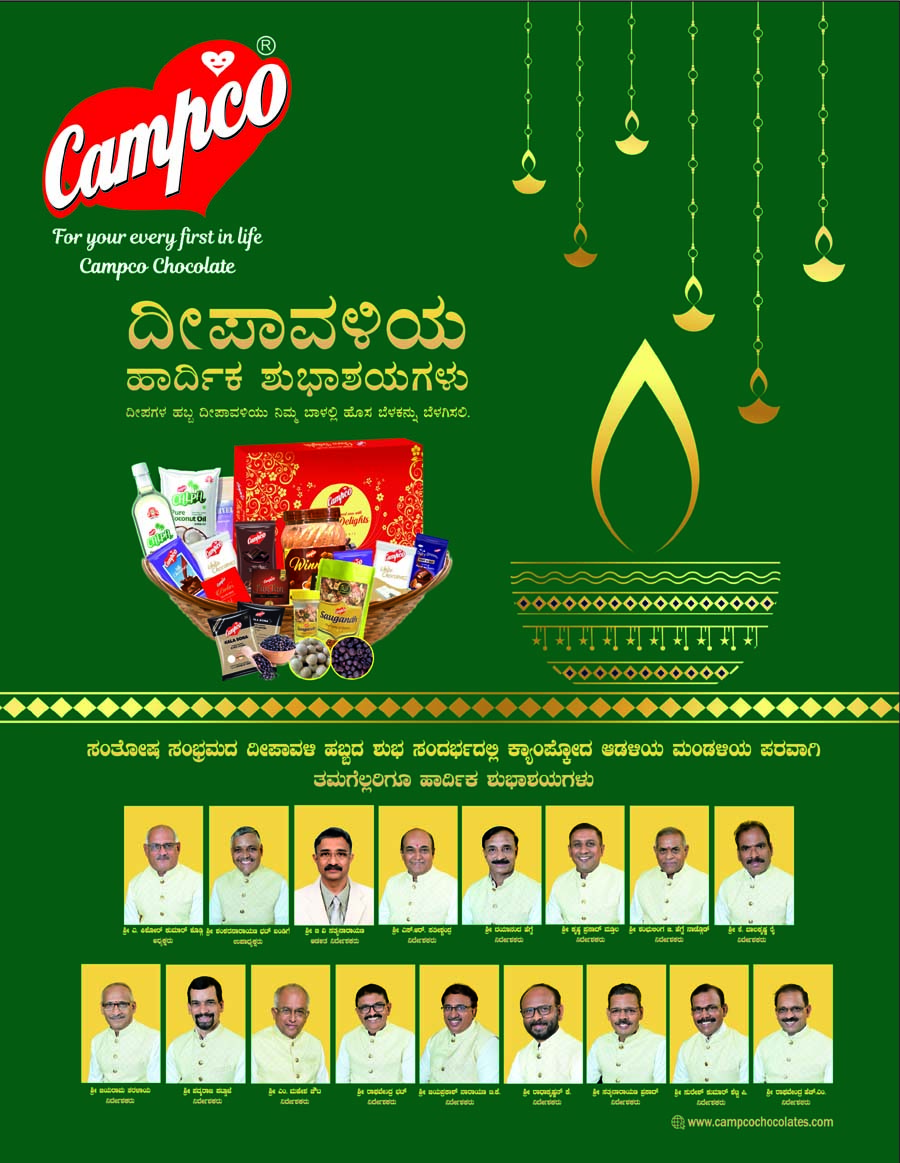Karnataka computerised Ration card project,Rs. 55 crore lost
12:25 PM, Monday, April 2nd, 2012 Bangalore: Karnataka’s Food, Civil Supplies and Consumer Affairs Department has wasted Rs 54.53 crore by entrusting to a private company the computerisation project to digitise the data collected through a house-to-house survey and issue computerised ration cards to the eligible families.
Bangalore: Karnataka’s Food, Civil Supplies and Consumer Affairs Department has wasted Rs 54.53 crore by entrusting to a private company the computerisation project to digitise the data collected through a house-to-house survey and issue computerised ration cards to the eligible families.
“The Department wasted Rs 54.53 crore through its failure to enforce the agreed terms of implementation during the project’s lifetime”, said a CAG report, tabled in the just-concluded legislature session.
The project, approved by the Government in 2005, sought to eliminate ineligible ration cards, besides creating an effective distribution management system to ensure availability of rationed articles, reduce leakages and provide an efficient and real-time Management Information System.
The Department selected a partner in March 2006 under the Build, Operate and Transfer model of Public-Private-Partnership through a bidding process to implement the comprehensive project over a period of five and a half years.
However, the Government’s decision to adopt the PPP route had not been taken after considering all alternatives. Balanced sharing of risks between the Government and the private sector partner had not been ensured for enduring success of the PPP arrangement and the choice of PPP was not taken after due deligence.
The selection of the private partner and the qualifying procedures were flawed, resulting in selection of the partner who did not have the capacity to deliver.
The CAG observed that the oversight over implementation of computerisation was so defective that the partner persistently bypassed the contracted procedures and carried on with the work in a totally uncontrolled environment. This resulted in an abnormal increase in the number of ration cards including those for the families below poverty line.
Although the partner was to complete the project set-up phase by October 2006, it remained incomplete even five years after the scheduled date of completion. After receiving a payment of Rs 54.23 crore, the partner closed the operations prematurely in November 2010 without transferring any of the assets except the database of ration cards.
“An evaluation of the database by a third party showed that it was incomplete in many aspects, suffered from many deficiencies and was not capable of preventing duplication of ration cards”, it said.
“The PPP project ended up as an example of doubtful value for money in a crucial area of Governance,” CAG observed.
As of December 2010, 58.57 lakh families who had been subject to photography and biometric capture had not received permanent ration cards even after having remitted Rs 26.36 crore for the purpose.
Similarly 68.59 lakh families who had paid Rs 10.29 crore for bar coded coupons were yet to receive the assured services.
The CAG has recommended fixing responsibility for various lapses in the project formulation, contract award and implementation of the project which caused huge loss to the state exchequer in the form of subsidy given to ineligible families besides frittering away Rs 54.53 crore out of the resources collected from the public and bringing the process of issue, modification and deletion of ration cards in the State to halt since November 2010. PTI
Simillar Posts
Warning: count(): Parameter must be an array or an object that implements Countable in /home/megamcaq/public_html/wp-content/plugins/post-plugin-library/common_functions.php on line 357
- None Found
Leave a Reply
© Copyright 2008 www.megamedianews.com All Rights Reserved. Privacy Policy








 Posted in
Posted in  Tags:
Tags: 






